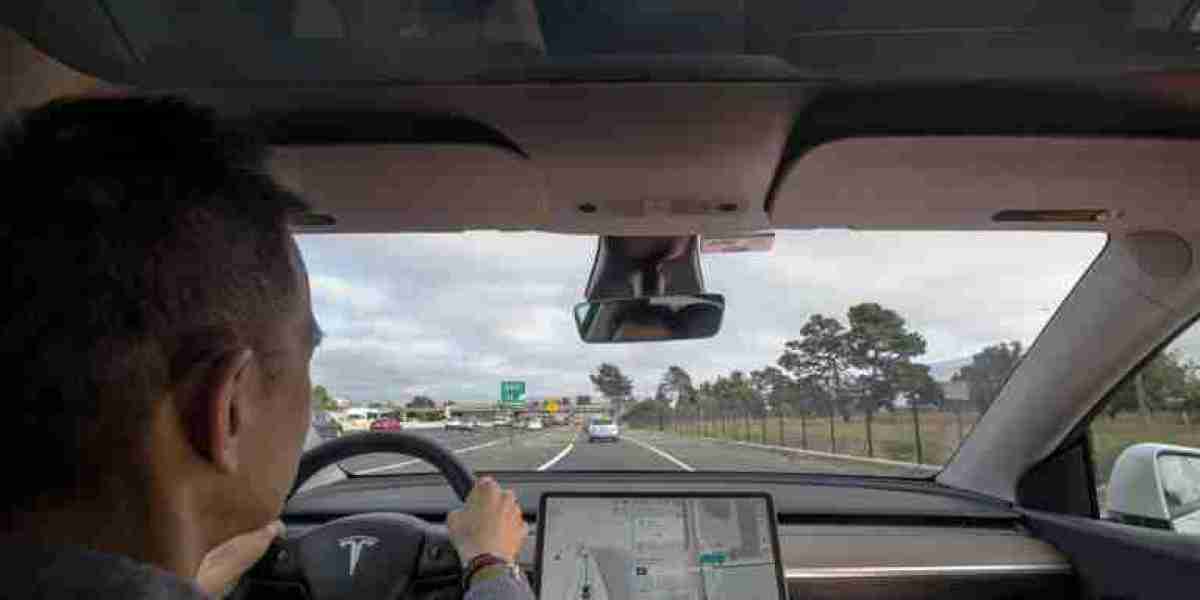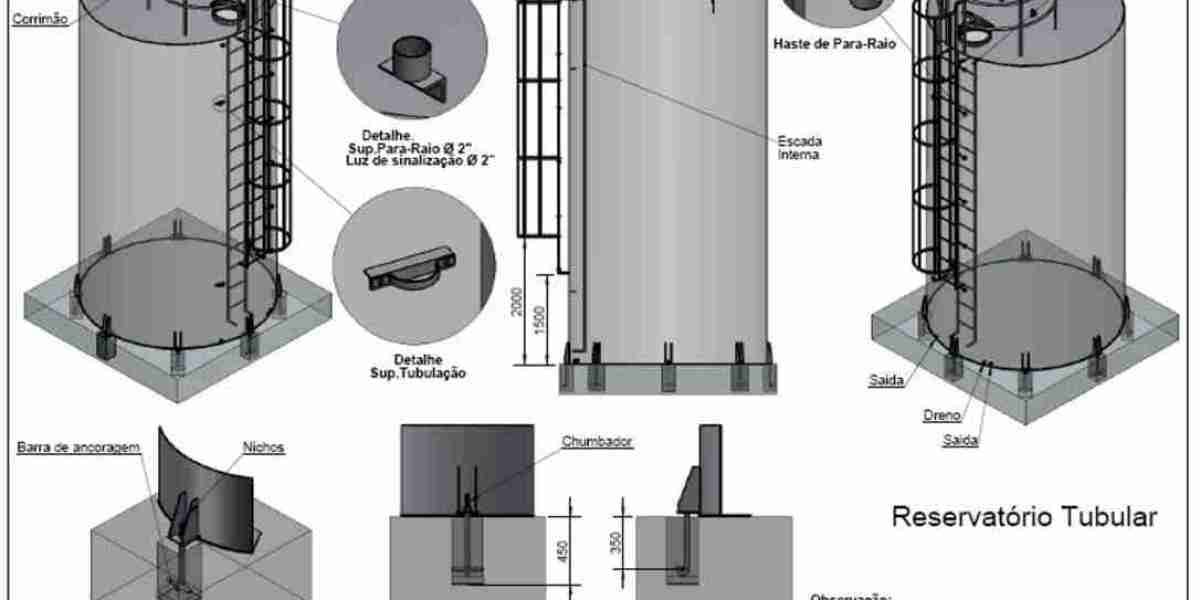Tesla announced the price adjustment in a post on X, in which it described the Level 2 driver-assist system as “FSD (Supervised)” — a name tweak that’s meant to convey the fact that drivers are required to pay attention to the road and stand ready to take control of the vehicle. (The company has been criticized for failing to include proper driver monitoring and other protections against overreliance on the system.)
Tesla previously charged owners $199 a month to subscribe to FSD. (The driver-assist system was also available for a one-time fee of $12,000.) FSD was also available as a $99 monthly subscription to owners who already have Autopilot, which is less capable than FSD. But now Tesla offers Autopilot as standard on all new car purchases, obviating the need for the price differential.
The company also recently began pushing a one-month free trial of FSD in a bid to get more customers to use it. And Tesla has reportedly been mandating its service center employees take all prospective buyers on a demo ride with FSD, under direct order by Elon Musk.
But FSD is not a perfect system. Some Tesla owners laud its capabilities, but others describe it as erratic and untrustworthy. The company has pushed out numerous software updates in a bid to improve its abilities, with the latest (v12) purporting to finally tap into what Musk calls “end-to-end neural nets.”
Most automakers’ driver-assist systems are for limited use on highways, while Tesla stands alone in encouraging its customers to engage FSD on local roads with traffic signals, intersections, and vulnerable road users. The system controls acceleration and deceleration, makes turns — including unprotected left turns, which are extremely difficult for automated systems — and recognizes traffic signals and other road signs. FSD also requires drivers to pay attention to the road and take control of the vehicle when asked.
Tesla’s driver-assist technology has pushed the boundaries of what’s safe for customers to use on public roads and has drawn scrutiny from federal regulators. Federal regulators are investigating 16 crashes in which Tesla vehicle owners using Autopilot crashed into stationary emergency vehicles, resulting in 15 injuries and one fatality. Both Autopilot and FSD have recently been recalled, with the company pushing software updates that safety experts have called insufficient.
Tesla’s financial difficulties may be behind the latest price cuts. The company’s quarterly vehicle deliveries have declined for the first time in years, putting more pressure on Tesla to increase revenue through its software services as a way to compensate.
Last week, Reuters reported that Tesla canceled work on a more affordable, $25,000 electric vehicle, rumored to be called “Model 2.” Musk called the report a “lie” but, soon after, announced that the company would reveal a “robotaxi” later this year — presumedly powered by FSD.



